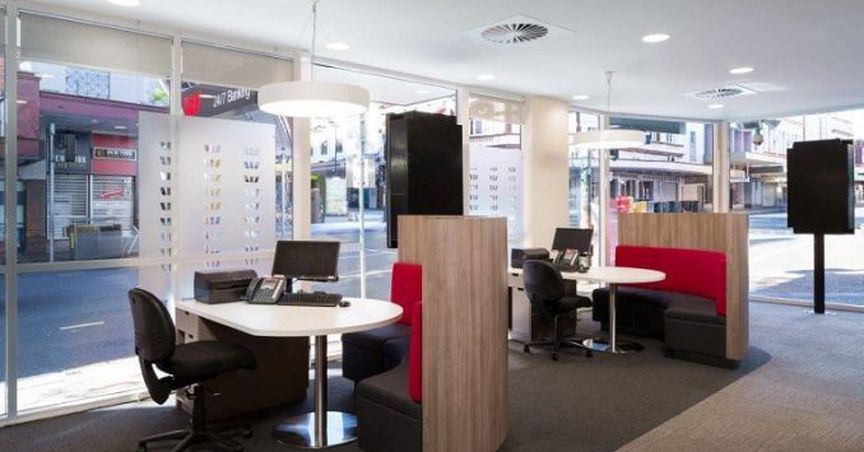Banking Royal Commission recently interrogated Australia's second-biggest bank Westpac Banking Corporationâs (ASX:WBC) CEO Mr. Brian Hartzer. Mr. Brian was asked many questions related the Westpacâs fees-for-no-service conduct in financial planning.
Earlier in 2016, when ASIC first corresponded with Westpac in relation to the fee-for-no-service problem in its financial planning division, the bank understood the issue was likely limited to a small number of problem advisers. Now at the Royal commission Westpacâs CEO agreed that they were wrong about it and the scale of that fees for no service problem has expanded significantly. Further, Mr. Brian was asked if the high-quality financial advice is ever going to be affordable for the ordinary Australians, Mr. Brian said that it could become affordable if itâs done through technology.
While discussing the economics of providing high-quality and compliant advice, Mr. Brian revealed that it is becoming increasingly difficult as the standards of documentation and proof which the banks are expected to meet are very high. He also told the cost involved in providing the advice is also very high.
Mr. Brian also revealed at the Royal Commission that due to the poor record keeping at the bank, he doesn't know how much fees they have to refund. However, the bank is developing a plan to compensate clients for service fees charged. When suggested by the Royal Commission to ask customers every year before charging the advice fees instead of asking every second year, Mr. Brian replied by saying that it will add more administrative burden and will add more costs which will eventually be paid by the customers only.
Westpac has told the Royal Commission that it is not in agreement with various policy suggestions which were raised in the interim report, when the commission asked if the effect on the profitability of Westpac's business was the reason behind the Westpac Opposition. Westpacâs CEO told that the profitability is only a component and it is not a major reason behind the opposition.
The Royal Commissionâs interim report raised a number of important points of policy and principle for consideration by Westpac, the industry, its regulators and policymakers. It signaled that financial services organizations, including Westpac, need to do more to meet the needs of customers and the community, including by preventing, detecting and addressing misconduct, and consistently meeting legal and regulatory obligations.
In the recently released annual report, Westpac informed that the Royal Commission and the broader environment in which the group operates have reinforced the need to deliver better customer outcomes and experiences and underlined the importance of continuing to deliver on the Companyâs vision and strategy, including the Service Revolution.
In the last six months, the share price of the Bank is reduced by 9.67 percent as on 22 November 2018, traded at a PE ratio of 10.810x. WBCâs shares traded at $25.995 with a market capitalization of circa $88.21bn as on 23 November 2018 (AEST 3:03 PM).
Disclaimer
This website is a service of Kalkine Media Pty. Ltd. A.C.N. 629 651 672. The website has been prepared for informational purposes only and is not intended to be used as a complete source of information on any particular company. Kalkine Media does not in any way endorse or recommend individuals, products or services that may be discussed on this site. Our publications are NOT a solicitation or recommendation to buy, sell or hold. We are neither licensed nor qualified to provide investment advice.
Â
Â



